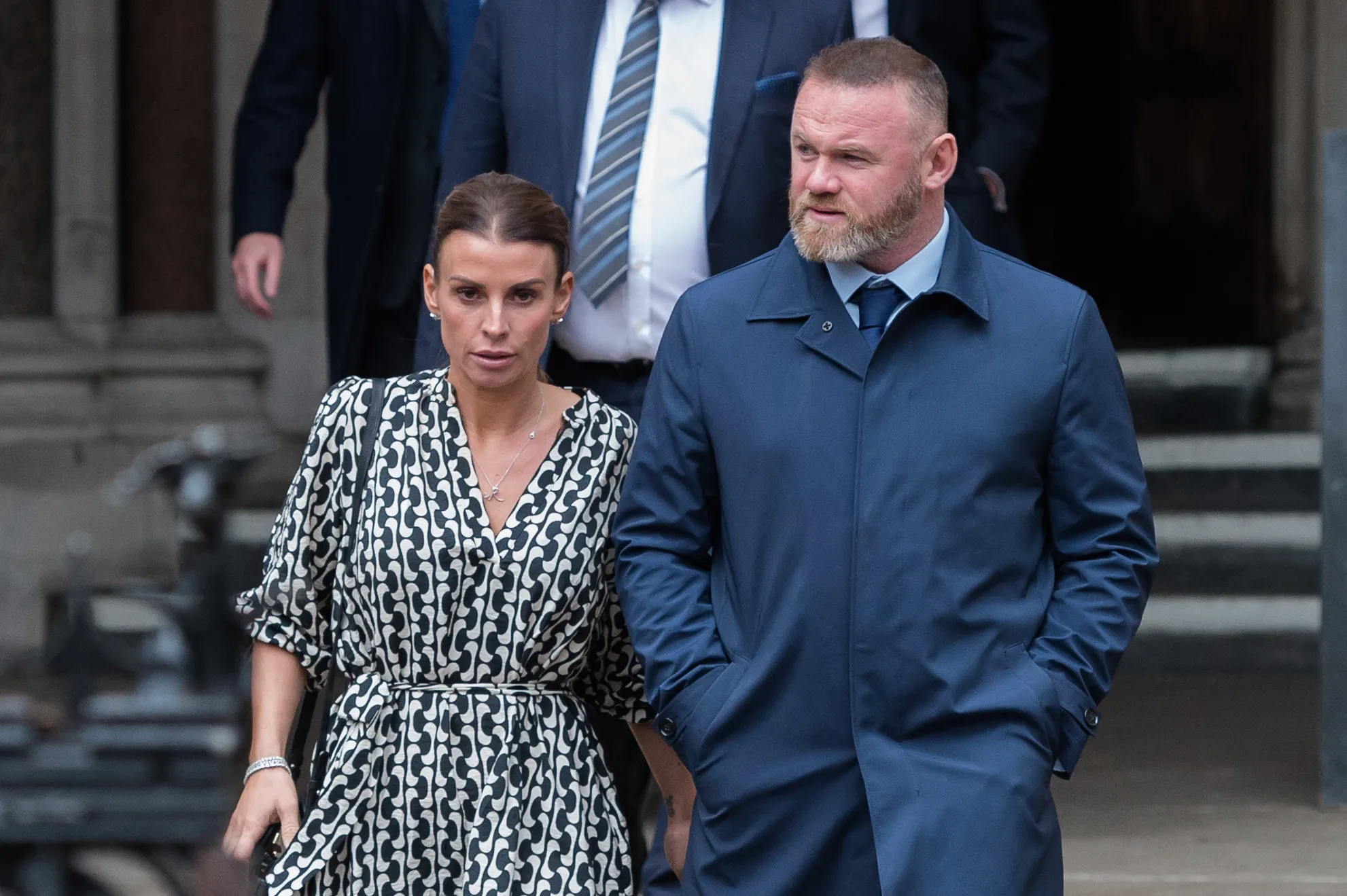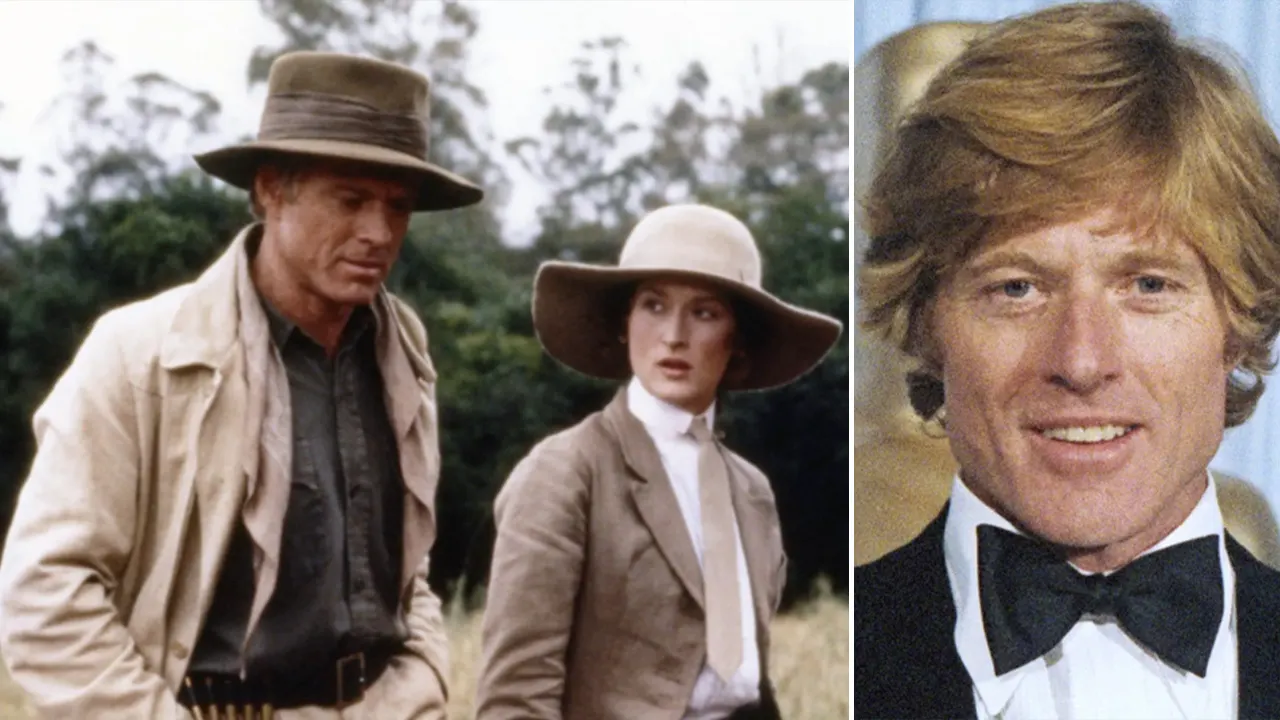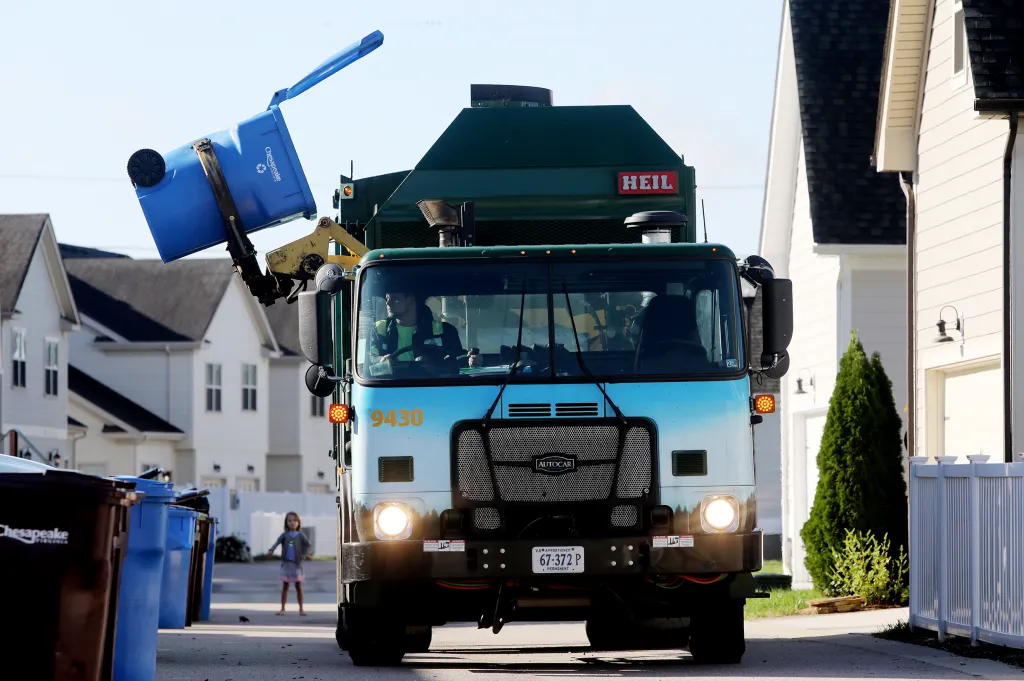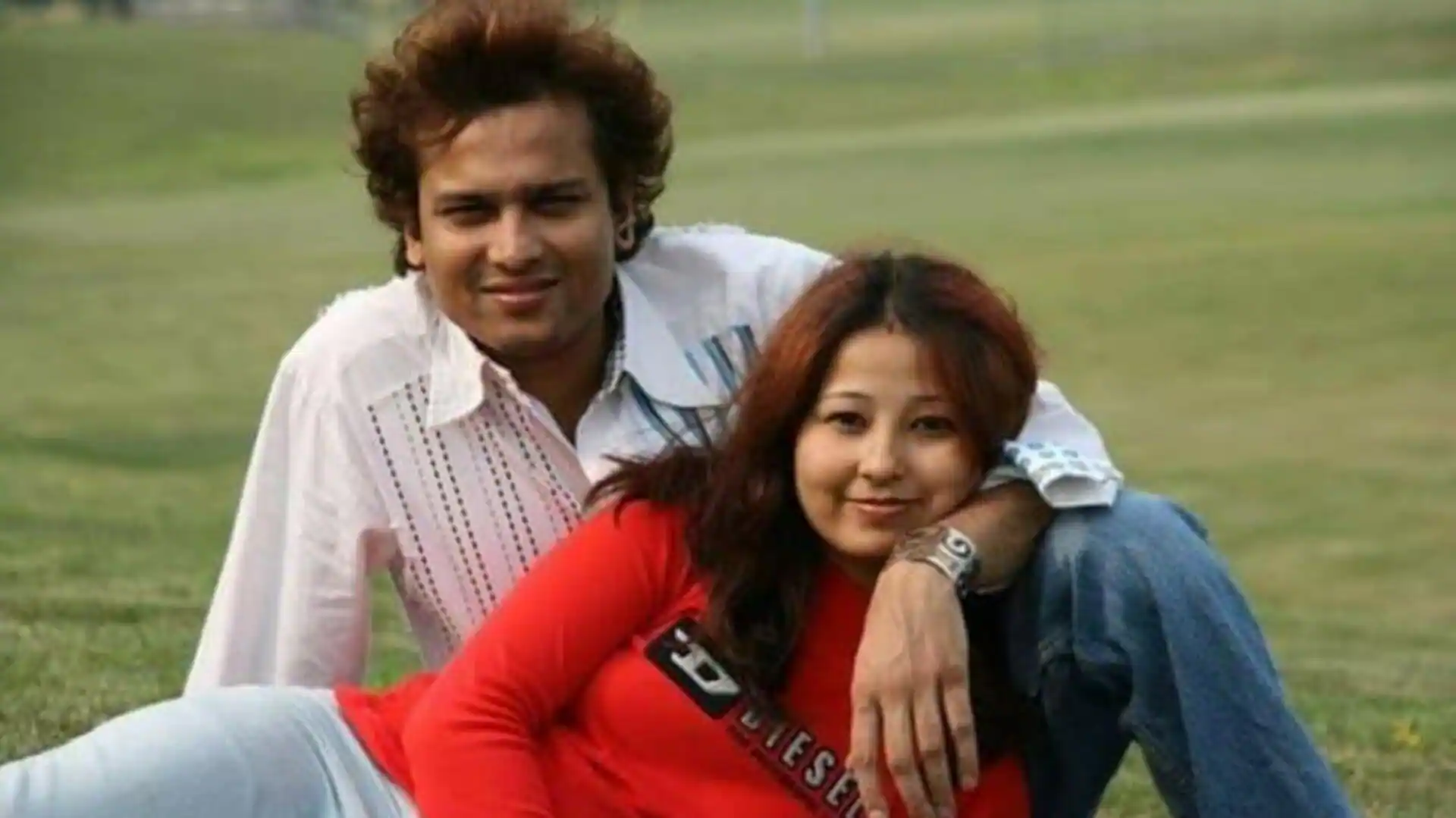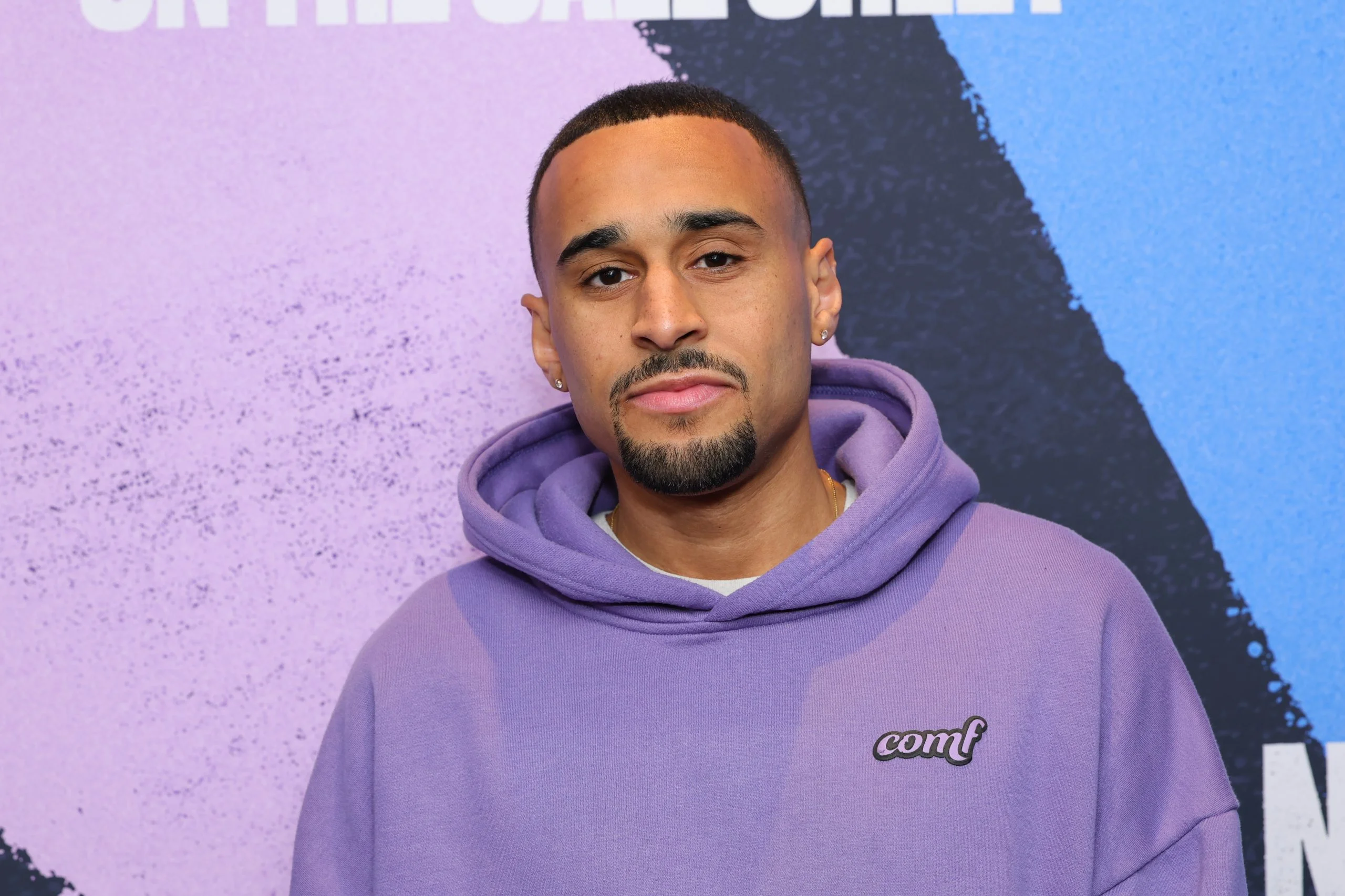
Speedy Morman is quick on his feet.
On a warm afternoon in Pasadena, Morman is filming an episode of Overtime Hustle with two-time Olympian Jordan Chiles at Persistence Gymnastics. The set is humming with energy, but Morman stays locked in, switching seamlessly from host to producer, moving with the rhythm of someone who’s been in this position a thousand times before. After wrapping a segment, he hops into his sprinter van for a late lunch, laptop already open to an interview he’s editing himself. He wears a gray Comf sweatsuit, his go-to uniform even when the job takes him around the world. The scene is quintessential Speedy: focused—balancing meals, deadlines, and conversations all at once.
The Queens, New York native has interviewed notable figures from Kobe Bryant to President Barack Obama, while also carving out viral moments with rising stars like Latto and GloRilla. With a resume that rivals the best in media, Morman still speaks with the same curiosity as when he fell in love with journalism as a youth. “I thought I was going to the NBA when I was a kid, then I quickly found out that I was not good enough to make the NBA,” he says with a laugh. “I liked what Stuart Scott was doing. I liked what Terrence J was doing. I wanted to do something like that. And as a byproduct of that, I’m here with you today.”
What separates Morman from many of his peers is how insists on doing the work. Every question written by him, every edit handled with care, every detail rooted in integrity. Most importantly, he refuses to compromise who he is in pursuit of success, and that depth of character has made him one of the most trusted, and relatable, interviewers of this generation.
Over the next hour, we spoke about the road that brought him here—from his days studying broadcast journalism at Syracuse, to carving out his own lane in a crowded media landscape. What struck me most was his unwavering confidence; serving as a testament that he could accomplish anything he sets his mind to.
What follows is an edited transcript of our discussion, where Speedy opens up about his process, his inspirations, and what it really means to stay true to yourself in an industry that often rewards the opposite.
ESSENCE: When I was watching you shoot, man, one thing I learned is that you’re a very quick learner. Did you ever think your career would take you to places like this and doing the things that you’re doing right now?
Speedy Morman: I didn’t, actually. I thought I was going to the NBA when I was a kid, then I quickly found out that I was not good enough to make the NBA. When that happened I was like, “What else am I good at? What else do I enjoy doing?” I used to watch a lot of 106 & Park in the afternoon and SportsCenter in the morning.
I was like, “I like what they do.” I like what Stuart Scott was doing. I like what Terrence J is doing. I want to do something like that.” I just felt like, “Yo, I could do something like that. And as a byproduct of that, I’m here with you today.” I guess along the way, being a fast learner has helped me get here.”
There’s a lot of interview shows and interviewers in this space now. I don’t want to name all of them though, but some of them are better than others. What’s your process when you’re preparing for your interviews?
If I told you I’d have to kill you. That’s what makes me me. No, I’m just playing. I think I very much stress that I don’t just show up and read interview questions that someone else wrote for me. Every interview question you’ve ever seen me ask was written by me. My process is very intense. I’m like a real student and a real stickler about being prepared.
How have you been able to create that balance between those funny moments that we all look for, while still maintaining your journalistic integrity?
I just try to be myself. I think back to when I was in broadcast school at Syracuse and they would have us reporting on the 4:30pm newscast. We had to get up early in the morning—you might be the anchor that day or you might be a reporter that day. I remember always thinking, “This doesn’t really feel like me.” Even down to wearing a suit—I don’t ever wear suits in my interviews… Well, I wear suits, but they ain’t blazers, they’re sweatsuits, or they’re tracksuits. I always wanted to create a lane where I could just be me while still having the core values of what journalism is. Journalistic integrity, preparation, getting proper names correct. I’m very much rooted in, I’m very much a traditionalist in the journalistic aspect, but at the same time I like to have fun with it and be myself. The fact that people are drawn to it, means the world to me.
I was reading the interview we did a couple of years ago in The Daily Orange. You spoke about commuting from New York to Syracuse, which I thought was true dedication. What advice would you give to an aspiring journalist that’s looking for success in this new get-rich-quick social media age?
You brought up my commute and my journey here, I think a lot of people today, particularly younger people, see success. It’s natural, you see success before you see what it takes to get to the success. Sometimes people think they want stuff until they realize what it takes to get it. They like a shirt and they think they want the shirt until they see the price of the shirt, then they might not want that shirt anymore. You have to ask yourself a tough question, “Do I really like the shirt at this price?” For me and in my career, I would say for a younger person, when you see this career and then eventually you’ll see the price of this career, you have to ask yourself, “Is that something you’re willing to pay?”
If the answer is no, that’s cool. Personally, I was willing to pay that price. Sacrifice is inevitable in terms of reaching success, I think. In this industry, specifically what I do and what you do, sometimes it’s not lucrative. Sometimes it’s a thankless job. Sometimes it’s going to bring you to places you don’t want to go, but it’s all part of that price. If you truly are willing to pay that price, I would say dedicate yourself to your goal and let nothing stop you.
You’ve interviewed presidents, cultural icons, etc., but you still seem so down to earth. How have you been able to navigate fame?
I would just say I’m just so rooted in the work that I don’t even see myself in any type of capacity like that. I think a lot of that has to do with my goal, and I think intention is important. A lot of times you’ll see people—and there’s nothing wrong with it, but they’ll do things because they want a certain thing. Some people do this type of work, they seek fame and they want to become a celebrity. I never wanted that. I just wanted to be like Terrence J, like Stuart Scott. I wanted to look fly and look cool while telling people more about their favorite celebrity. I don’t know, I just don’t see myself in a light like that. I just feel I’m just a regular dude, bro.
That’s interesting. So, is it weird then when people walk up to you and say, “Hey, I loved you in this.”
I’m very honored when people tell me they appreciate my work. When somebody comes up to me and says, “Yo, that interview you did with so-and-so, I fuck with that. Yo, I love the way you asked that question. Yo, that clip was funny. Yo, that moment you had with so-and-so,” that shit is flattering to me.
I guess now as a byproduct of doing good work, some recognition has come. Again, my foundation is just trying to be the best journalist, the best host, the best producer, or the best whatever hat I’m wearing that day is always the goal.
When speaking with people like Joe Biden and Barack Obama, do you feel any added pressure? Jumping in the political space is different.
I don’t really change who I am for better or worse. It’s not always a good thing. Even in terms of my approach to prepping for an interview, I take everyone I interview very seriously. Whether I’m interviewing President Barack Obama or I’m interviewing GloRilla or Ray J, my preparation is still the same for all of them. No one is more important than the next. In terms of the things I say, I’m a journalist, so my job is to be tough, but also be fair and be prepared to do those things.
The same people who watch my interviews on 360 With Speedy, are not always necessarily the same people who will watch my interview with the sitting president at the time. Those clips might end up on MSNBC or Fox or ABC or NBC or CBS. While something like my Latto interview is more for my core audience. At the end of the day, my job is to serve the people who watch the show. My job is to serve the customer. While the customer may change, it’s always important to have in mind your core audience. While yes, it’s important to interview the president, you have to make it digestible and understandable for your people first.
Now, we actually have something in common. Kobe was my favorite player growing up, and I heard that he was yours as well. When he passed in 2020, you put up an Instagram post and you wrote, “what you said about me is coming true.” Have you reached the goal that he spoke about yet? Or are you still going towards it?
That’s a great question. I want to add some context. So, Kobe Bryant was the only person who I ever really, truly looked up to. My family raised me in a way that I never really idolized anyone, but I very much respected Kobe. Additionally, my uncle, who I’ve always looked up to, was the biggest Kobe or is the biggest Kobe fan. I wanted to be like my uncle.
That’s why I gravitated towards Kobe. Kobe’s the only person I ever cared to interview in my life. I just always wanted to meet him. I just wanted to be around him. When I got the chance to interview him, after the interview, he said something to me, and it’s coming true. It’s contemporary. It’s a constant. I think I just want to say this, I said it in that video. I wrote an obituary kind of thing for Kobe, which I also did for a bunch of other people who passed away in our culture during my time at Complex. A line in it that I wrote is that people always say, “Don’t meet your heroes.” It’s a very common thing. “Don’t meet your heroes. Don’t meet your idols. They’re never who you think they are.”
But when I met Kobe, he was exactly who I thought he was. Everything really rang true. He really was that person. So f**k that “Don’t meet your idol” shit because I met mine and as I said in the video, I met mine and he’s exactly who I thought. I channel him a lot in what I do, although completely different arenas. His work ethic is something that has resonated with me. People see a viral clip, a viral moment from an interview. There’s a lot of work that it took to make that clip happen. A lot of that is because of Kobe.
A lot of times the word legacy is relegated to other people. They tell another person what their legacy is a lot of times or they can control it. If you could control your legacy, when it’s all said and done, what would you want people to say about Speedy Morman?
Well, to me it has nothing to do with work at all. My most important legacy is that my family can say, “He was a good son. He was a good brother. He was a good uncle. He was a good nephew. He was a good grandson.” That is really what is most important to me in life. I feel like I’ve reached my goal for real already. My mother and my father have both told me they’re proud of me.
That’s all that matters for real.
That is the most important thing. I know they meant it. I want to make my parents proud. My work doesn’t necessarily define me as Speedy. I just want to be remembered as a good person. Now, if you’re asking about my work legacy, that’s a different question.
You can definitely speak to that if you’d like.
As far as that, I want to be a person who truly cared about his craft without ever compromising his integrity. I wore a Comf sweatsuit while I was interviewing the sitting President of the United States. I went to the White House in a Comf sweatsuit, and it’s all because I won’t compromise my integrity. I want my legacy to be someone who cared about the work without ever compromising who he was, and that I did it all from Queens.
